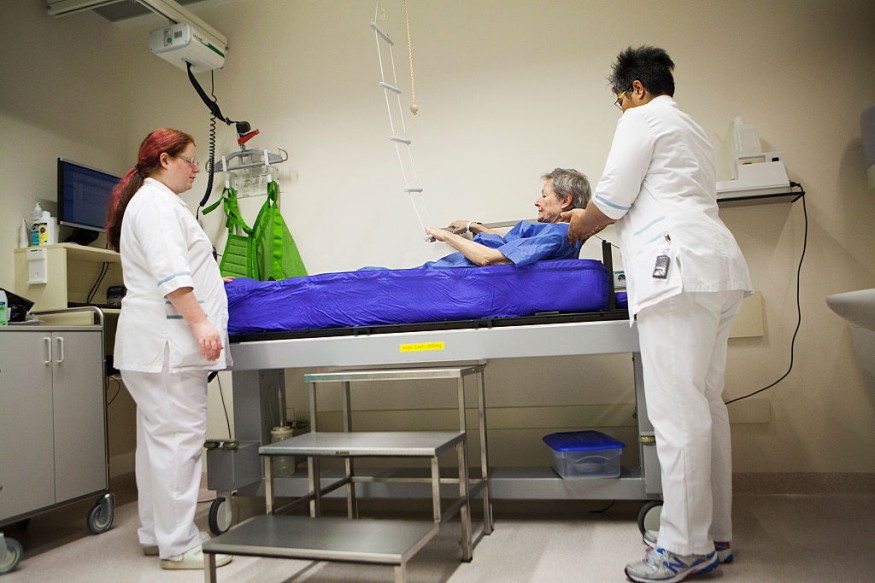Japan-based B dot Medical Inc. has recently introduced a new device for more effective cancer treatment. It also verified the superconductivity of the superconducting bending magnet devised and manufactured at its factory by cooling and carrying out an energization test on a compact proton cancer therapy system being currently developed.
More so, the company has validated too, the production of a high magnetic field. This means, according to a BioSpectrum report, "a big step closer to the development concept of the product" which is to make the system substantially smaller, not to mention less costly.
Proton therapy can accurately irradiate tumors deep inside the body, hence minimizing impairment to surrounding normal organs and tissues.
Nonetheless, the present proton therapy system is quite extensive as it utilizes a huge normal-conducting electromagnet for the gantry, which produces a strong magnetic field to bend the high-speed proton beam inside the magnet and rotate it around the patient.

To Promote Proton Therapy Spread
The next step, this report specified, will be a pattern operation test to rapidly regulate the strong magnetic field which the super conducting magnet generates, and the B dot Medical will go on to a proton beam test to apply and seek approval for Pharmaceutical and Medical Device Act or PMDA.
Aiming to commercialize the product as soon as possible, the startup Japanese firm will promote the proton therapy spread with the proton cancer therapy system, which has been substantially downsized through the use of breakthrough technology.
For such promotion of the spread of proton therapy B dot Medical is developing a device with national grants specifically from the Japan Agency for Medical Research and Development, and the New Energy and Industrial Technology Development Organization.
Proton Therapy
According to the National Association for Proton Therapy, even though proton therapy is said to be a more effective targeted treatment form, there is some disagreement on whether such a cancer treatment provides an overall benefit compared to other much less expensive treatments.
The National Health Service in the United Kingdom said proton therapy is more effective with some rare cancers where tumors are located at the skull or spine's base.
With traditional radiation treatment, such tumors cannot be targeted due to the risk of impairment of vital surrounding tissue.
Meanwhile, as described by the MD Anderson Center at the University of Texas, proton therapy is a "196-ton, cancer-killing machine" that has sub-millimeter precision that can target the tumor of a patient while sparing health tissues nearby, and reducing side effects. In simple terms, the center said that is proton therapy.
Earlier, in March 2019, DOTmed.com reported, B dot Medical announced plans of developing an ultra-compact proton therapy system that would be suitable in spaces that conventional radiotherapy systems in hospitals occupied.
Proton therapy's advantages, this report said, are well documented although the cost linked to the advanced form of treatment was frequently prohibitive.
Conventional systems necessitate a rotating gantry to irradiate a desired angle. Such parts are massive and multifaceted, making the systems enormous and expensive construction jobs necessitating their own buildings.
This ultra-compact system will use a non-rotating framework, which, according to B dot Medical, will enable a much tinier footprint.
The system will bend the protein beam minus a rotation device, as earlier mentioned, through the use of a superconducting magnet.
Related information about proton beam therapy is shown on Mayo Clinic's YouTube video below:
Check out more news and information on Cancer and Tech & Innovation in Science Times.












